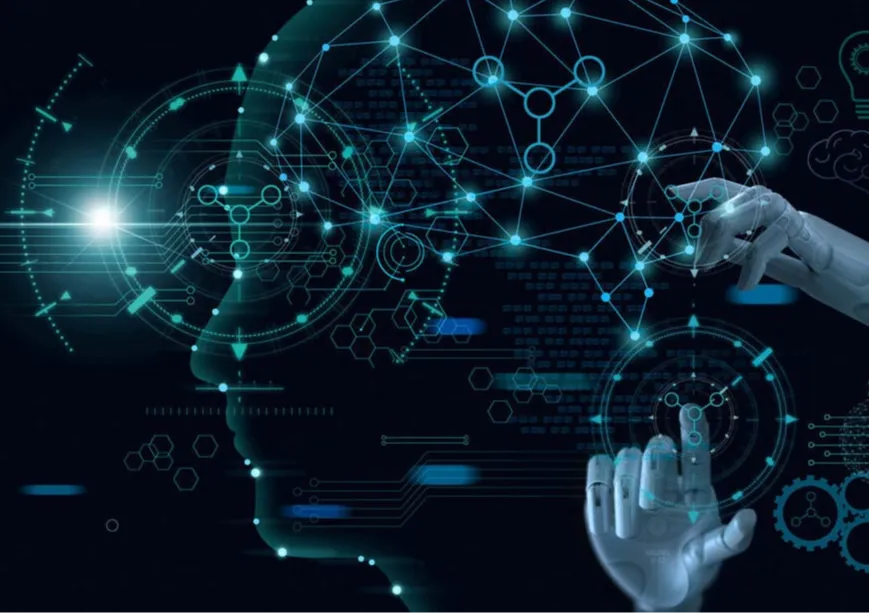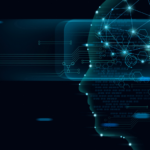
As artificial intelligence (AI) continues to evolve and collect vast amounts of personal data, governments worldwide are tightening regulations to enhance user privacy. The increasing integration of AI into decision-making processes, from consumer profiling to biometric surveillance, has raised concerns about data security, transparency, and user rights. In response, new laws and regulatory frameworks are being introduced in 2025 to impose stricter data protection measures on businesses leveraging AI.
Why Are Regulations Tightening?
AI systems rely on extensive datasets to train models and improve their performance. However, this often involves collecting and processing personal data, which can lead to:
- Unauthorized data usage: AI models may use personal information without explicit user consent.
- Bias and discrimination: Poorly regulated AI systems can lead to biased decision-making, impacting individuals unfairly.
- Data breaches and misuse: AI-driven data collection increases risks of breaches, exposing sensitive personal data to malicious actors.
Governments and regulatory bodies are stepping in to ensure organizations use AI ethically and responsibly, with greater transparency and accountability in data handling.
Major Privacy Laws Taking Effect in 2025
United States
Several new and updated data privacy laws are set to take effect across U.S. states:
- California Consumer Privacy Act (CCPA) and California Privacy Rights Act (CPRA): Expanding consumer rights, including control over personal data and regulations for businesses using automated decision-making technology (ADMT)
- New York SHIELD Act: Strengthening data breach notification rules and imposing financial penalties for non-compliance.
- Texas Data Privacy and Security Act: Requiring companies to implement data protection assessments for specific processing activities.
- New State Laws: States such as Delaware, Iowa, Nebraska, New Hampshire, New Jersey, and Minnesota are enacting consumer data protection laws, granting users rights to access, correct, delete, and transfer personal information.
European Union
The EU is already at the forefront of data privacy with the General Data Protection Regulation (GDPR). In 2025, enforcement of GDPR-related laws will become even stricter, focusing on AI-driven data collection and automated decision-making. The EU AI Act, expected to be finalized soon, will regulate high-risk AI applications and ensure accountability in AI-based decision-making.
Asia & Latin America
- Japan: Amending its Act on the Protection of Personal Information (APPI) to introduce new requirements for biometric and minors’ data protection
- Brazil: Strengthening enforcement of the Lei Geral de Proteção de Dados (LGPD), focusing on corporate compliance
- Mexico: Expected to introduce amendments to its Federal Law on Protection of Personal Data, enhancing security for AI-driven data collection
Key Trends in AI and Data Privacy Regulations
- Stronger Consumer Rights New laws will grant users more control over their personal data, allowing them to access, correct, delete, and opt out of AI-driven processing
- AI Transparency Requirements Governments are demanding greater transparency from companies regarding how AI models are trained, what data they use, and how decisions are made
- Stricter Consent Rules Many regulations will require explicit user consent for AI-related data processing, making it harder for businesses to collect and use personal information without direct approval
- Fines and Penalties for Non-Compliance Businesses failing to comply with AI and data privacy laws will face stricter enforcement and higher fines
How Businesses Should Prepare
Organizations using AI must adapt to these tightening regulations by:
- Implementing privacy-by-design principles in AI development.
- Conducting risk assessments to identify and mitigate potential compliance issues.
- Strengthening data security protocols to prevent breaches and misuse.
- Being transparent about AI models and their impact on user privacy.
- Staying updated with evolving global privacy laws to ensure compliance.
Conclusion
The rise of AI in business, security, and automation has made personal data protection a top priority for governments worldwide. Stricter data privacy regulations in 2025 will ensure AI technologies are used responsibly while safeguarding consumer rights. Businesses must proactively adjust their data management practices to stay compliant and build trust with users.




